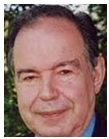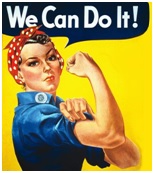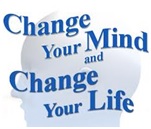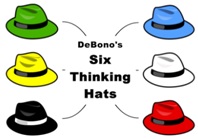|
 |
|
 |
|
|
||
Edward de Bono, Six Thinking Hats (1985)
Maltese expert in creativity based in Britain (pictured right) who coined the term lateral thinking in his 1970 book, Lateral Thinking.
See also... Edward de Bono in the Management Gurus section.
Book summary
What are the six thinking hats?
1. White hat (objective information, facts not
opinions) What information do we have here/ is missing/ would we like to have? How are we going to get that information? What are our essential factors (e.g. safety in airlines)?
2. Red hat
(intuition, emotions and feelings) What is our intuition (gut feeling)? Remember intuition can be wrong.
3. Black hat (difficulties, dangers and potential problems) Why can’t something be done because of these problems? This is the most valuable and well used of the hats.
4. Yellow hat (being positive and constructive) What is feasible, beneficial and logical? What are the opportunities? What is your vision? 5. Green hat (creative thinking) What new ideas and concepts do we have? Are there any alternatives? Could we do this a different way? Could there be another explanation?
6. Blue hat
(overview and evaluation) What are the aims of our decisions? What is our next step in thinking? What are our summaries, conclusions, priorities and decisions? What other thinking hats can we use to get some ideas and in what sequence? When you get to the blue hat stage, the decision is often obvious.
Other factors to consider when using hats for creative decision making 1. Changes in views (of the people involved in the decision making process)
2. Parallel thinking (holding at least two ideas simultaneously, even if they are contradictory). 3. Choice of hats The six hats can be requested:
The only requirement is that you start and finish with a blue hat:
Key quotes on creativity (from the 1999 edition) In the end all decisions are really ‘red hat’. We lay out the factors but the final decision is emotional. When thinking is clear and simple, it becomes more enjoyable and more effective. Thinking is the ultimate human resource.
Key quote on decision making (from the 1999 edition) The quality of any decision depends very much on the alternatives that are available to the decision maker. |
|
|
||
|
|
||
| Copyright © wisdomtowin.com 2025 All Rights Reserved | ||
|










